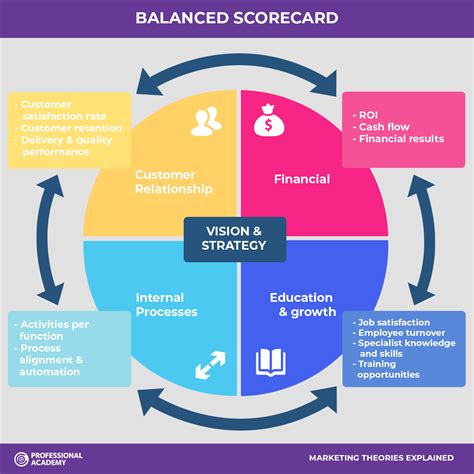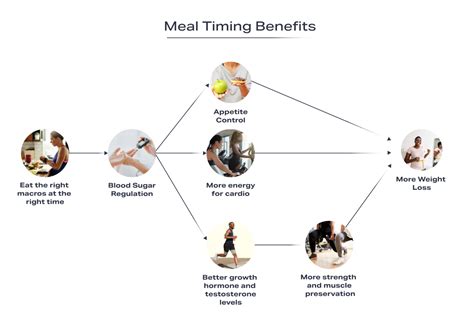What’s the best nutrition strategy for sustained male energy & peak performance?

Fueling the Male Engine: A Holistic Nutritional Blueprint
For men striving for sustained energy, mental clarity, and peak physical performance, nutrition isn’t just about avoiding unhealthy foods; it’s about strategically fueling the body. A well-designed dietary strategy can optimize hormonal balance, support muscle function, enhance cognitive abilities, and provide the consistent energy needed to excel in all aspects of life. It’s a comprehensive approach that goes beyond basic calorie counting to focus on the quality and timing of nutrients.
The Foundation: Balanced Macronutrients for Optimal Function
Macronutrients—carbohydrates, proteins, and fats—are the cornerstones of energy production and bodily repair. Getting the right balance is crucial for male vitality.
Complex Carbohydrates: The Sustained Energy Source
Unlike simple sugars that offer a quick spike and crash, complex carbohydrates provide a steady release of glucose, essential for brain function and muscle endurance. Opt for whole grains like oats, quinoa, brown rice, whole-wheat bread, and starchy vegetables such as sweet potatoes and squash. These also come packed with fiber, aiding digestion and promoting satiety.
Lean Proteins: Building Blocks for Strength and Recovery
Protein is vital for muscle growth, repair, and the production of enzymes and hormones. Men with active lifestyles or those focusing on strength training require ample protein. Include sources like lean meats (chicken breast, turkey, lean beef), fish (salmon, tuna, cod), eggs, dairy (Greek yogurt, cottage cheese), legumes, and plant-based options like tofu and tempeh. Aim to distribute protein intake throughout the day to maximize muscle protein synthesis.
Healthy Fats: Essential for Hormonal Balance and Brain Health
Often misunderstood, healthy fats are critical for hormone production, nutrient absorption, and neurological function. Incorporate monounsaturated and polyunsaturated fats from sources like avocados, nuts (almonds, walnuts), seeds (chia, flax, hemp), olive oil, and fatty fish. These fats, especially omega-3s, also play a significant role in reducing inflammation.

Micronutrient Powerhouses: The Unsung Heroes
While macronutrients provide the bulk of energy, micronutrients—vitamins and minerals—are the catalysts for thousands of bodily processes, including energy metabolism, immune function, and stress response.
Key Vitamins and Minerals for Male Performance:
- Magnesium: Crucial for muscle and nerve function, blood glucose control, and energy production. Found in leafy greens, nuts, seeds, and whole grains.
- Zinc: Essential for immune function, protein synthesis, and testosterone production. Rich sources include oysters, red meat, poultry, beans, and nuts.
- Vitamin D: Plays a role in bone health, immune function, and testosterone levels. Primarily obtained from sun exposure, with some found in fatty fish and fortified foods.
- B-Vitamins (B6, B12, Folate): Vital for energy metabolism and red blood cell formation. Found in a wide array of foods, including meat, eggs, dairy, leafy greens, and legumes.
- Iron: Important for oxygen transport. While excessive iron can be problematic, adequate levels are needed, especially for active men. Sources include red meat, spinach, and lentils.

Hydration: The Often-Overlooked Element of Energy
Even mild dehydration can lead to fatigue, reduced cognitive function, and impaired physical performance. Water is involved in every metabolic process, nutrient transport, and temperature regulation. Aim for at least 8-10 glasses of water daily, increasing intake during exercise or hot weather. Electrolyte-rich fluids can also be beneficial during intense or prolonged activity.

Strategic Eating: Timing and Frequency
When you eat can be almost as important as what you eat. Spreading your food intake throughout the day can help maintain stable blood sugar levels, prevent energy crashes, and optimize nutrient absorption.
- Breakfast: A nutrient-dense breakfast sets the tone for the day, fueling metabolism and cognitive function.
- Pre-Workout: Complex carbs and a small amount of protein about 1-2 hours before exercise can provide sustained energy.
- Post-Workout: A combination of protein and carbohydrates within 30-60 minutes after training is crucial for muscle repair and glycogen replenishment.
- Snacks: Healthy snacks between meals (e.g., fruit and nuts, Greek yogurt, vegetable sticks with hummus) can prevent overeating at main meals and keep energy levels stable.

Beyond the Plate: Lifestyle Factors & Smart Choices
While nutrition is paramount, it integrates with other lifestyle factors for truly sustained energy and peak performance.
- Prioritize Whole Foods: Minimize processed foods, sugary drinks, and excessive saturated/trans fats, which contribute to inflammation and energy dips.
- Adequate Sleep: Nutrition can’t compensate for chronic sleep deprivation. Aim for 7-9 hours of quality sleep per night.
- Stress Management: Chronic stress impacts hormone levels and can deplete nutrient stores. Incorporate relaxation techniques like meditation or yoga.
- Consider Smart Supplementation: While a whole-food diet should be the primary focus, certain supplements (e.g., a high-quality multivitamin, omega-3s, creatine for specific goals) might complement a robust nutritional strategy under professional guidance.

Conclusion: A Holistic Path to Enduring Vigor
The best nutrition strategy for sustained male energy and peak performance is not a restrictive diet but a holistic, informed approach. It involves prioritizing a balanced intake of high-quality macronutrients, ensuring adequate micronutrient status, meticulous hydration, and strategic meal timing, all supported by healthy lifestyle choices. By viewing food as fuel and medicine, men can unlock their full potential, experiencing not just temporary boosts, but enduring vitality and peak performance day in and day out.








